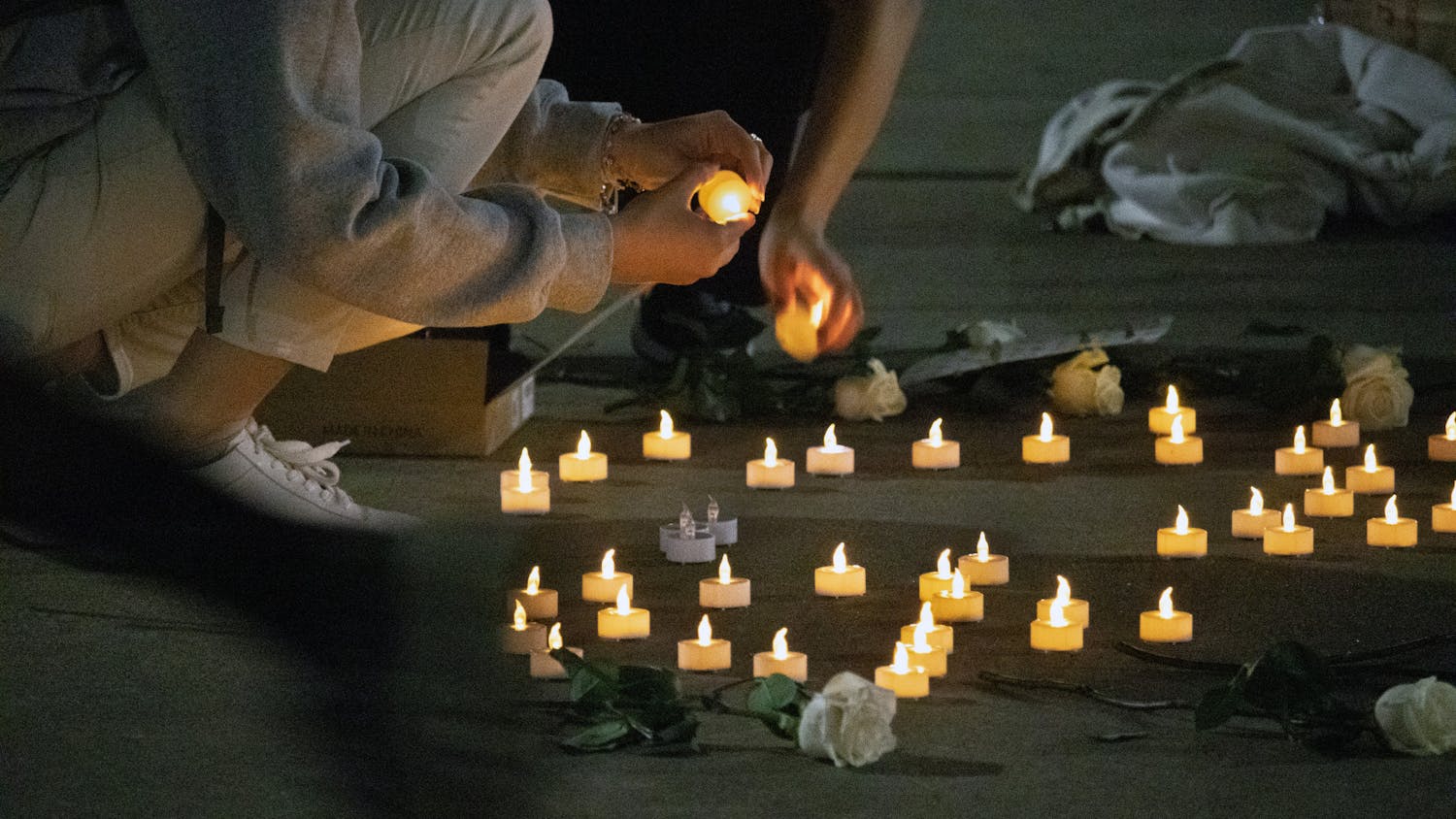From Feb. 28 to Feb. 29, during UF’s first weekend of Spring Break, the Islamic State claimed responsibility for the massacre of 118 Iraqis through targeted suicide bombings in Baghdad. In fact, this past February alone, the Islamic State left 410 Iraqi civilians dead and 1,050 injured. While the attacks in Baghdad should remind us all of the tragedy in Paris last November, they are receiving substantially less attention.
We at the Alligator do not wish to lambast the media on an inquisition of political correctness or in any way diminish the unspeakable trauma of Nov. 13, nor are we suggesting that the world stop every time tragedy befalls it. But the fact of the matter is our disparity of attention toward terror attacks by the Islamic State not only affects the way Americans perceive the conflict, but also how we together influence the Muslim American experience.
All too often, the fight against the Islamic State is framed in terms of the West vs. Islam. Meanwhile, we forget that it’s Iraqi and Syrian civilians who face the overwhelming brunt of terrorism by the Islamic State. As Massoud Shadjareh of the Islamic Human Rights Commission articulates: “ISIS thrives on creating disorder, chaos and fear – that is their (tactic) when they attack in Iraq or when they do it in Syria, or indeed when they do it in France and Beirut… Their policies are backed on creating fear.”
Unfortunately, much of this fear has manifested itself as islamophobia in the U.S. The New York Times reported in December that, since Paris and San Bernardino, the rate of suspected hate crimes against Muslims has tripled, with 38 violent attacks regarded as anti-Islamic. This begs the question: How successfully are we achieving our goals of national security in this fight against the Islamic State when Muslim Americans face such discrimination as a result of biased attention and coverage?
Admittedly, it’s easier for a majority of Americans to focus on domestic threats and disregard terrorism in Iraqi and Syrian war zones as unfortunate, collateral damage. It’s difficult for many to empathize with a culture they don’t entirely understand. The easiest life is lived in ignorance.
But rather than defaulting to such prejudice, we can choose to live by arguments like that of Sen. Bernie Sanders, I-Vt., who told CNN, “The truth is, at some level, when you hurt, when your children hurt, I hurt.”
We at the Alligator feel bringing the plight of Iraqi and Syrian civilians into our mainstream national discussion will improve the overall accuracy of the American perspective toward the conflict. It’s not the West against Muslims and refugees: It’s all of us, together, against the Islamic State.
In future decades, we’re going to have to explain the 2000s and 2010s to our curious children and grandchildren, as they ask us what life was like during the Syrian Civil War, the rise of Western Islamophobia and the conflict against the Islamic State. They’ll ask us how involved we were in mitigating — or at least following — the shockingly frequent tragedies experienced by innocents in the Middle East. With the future at stake, we must ask ourselves now: What legacy do we want to leave behind?





